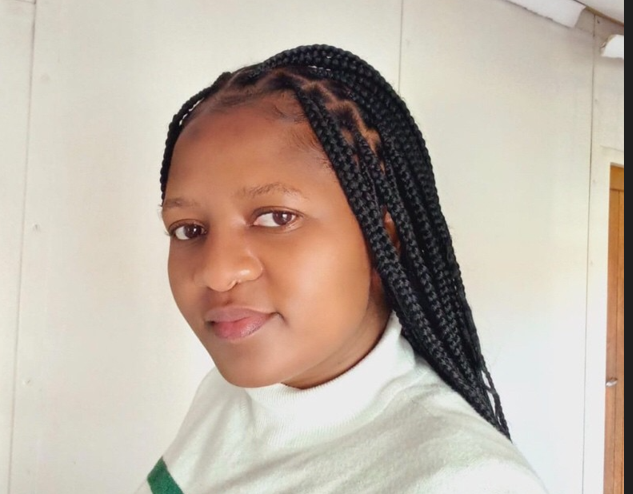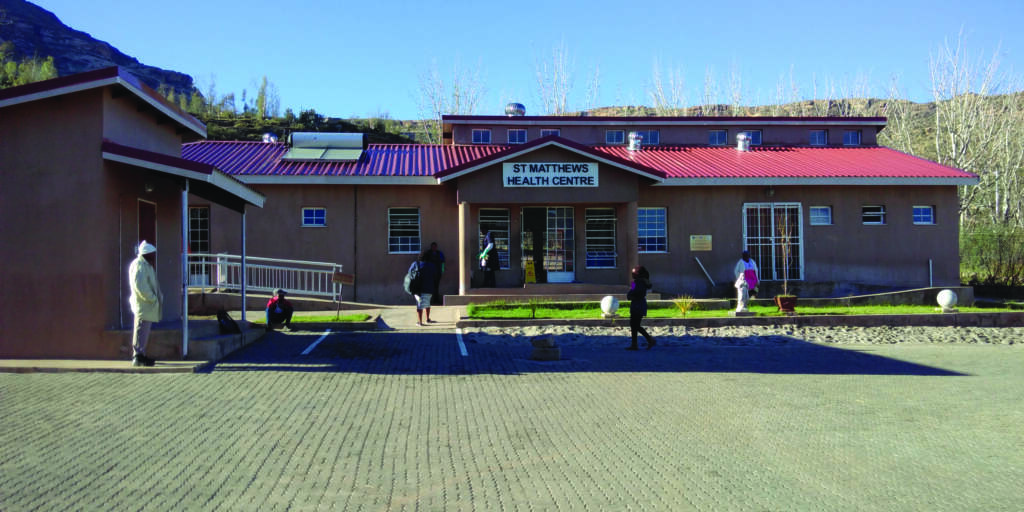In a landmark initiative towards addressing the growing crisis of maternal mental health, the Lesotho Alliance for Maternal Mental Health was officially launched recently.
Speaking on behalf of the World Health Organisation, Dr Mosala Zulu highlighted the profound impact of maternal mental health on both mothers and their families.
“One in five women in low- and middle-income countries will experience mental health conditions during pregnancy or after birth,” Dr Zulu said, stressing the urgency of the issue.
He further noted that poor maternal mental health is associated with childbirth complications, premature births, and, in severe cases, suicide.
This is especially significant for Lesotho since according to the World Health Organisation’s 2019 estimates, the country has a suicide rate of 72 per 100,000 people, the highest globally. Within this grim reality, mothers and expectant women are among the most vulnerable.
“Mental health is not merely the absence of mental health conditions, but a state of wellness in which individuals can realise their potential,” he added.
The alliance, born out of the Community Health Intervention through Musical Engagement (CHIME) project, seeks to integrate maternal mental health into Lesotho’s primary healthcare system while pushing for evidence-based policies.
Its launch brought together researchers, healthcare professionals, government representatives, and non-governmental organisations in what has been described as a collaborative milestone for the country.
Dr Thabo Mokhothu, the chairperson of the newly formed alliance, described the initiative as a huge responsibility.
“The alliance is multisectoral, it boasts integration. It has brought together government representatives, people from the private sector, non-governmental and civil society organisations, including the academia, and the people with lived experiences,” Dr Mokhothu said.
According to Dr Mokhothu, the alliance’s mandate is to push for the integration of maternal mental health into existing primary healthcare structures, the development of shared protocols and guidelines, and the building of capacity among healthcare workers and community members to provide psychosocial support.
“This exciting and difficult challenge is not something that we can do alone. We have had a very critical component in the response to the pandemic,” he said, pointing to the need for collaboration in tackling such a complex challenge.
“A healthy mother takes care of the household and the men. When the mothers are taken care of, the entire household is taken care of,” he said.
One of the unique aspects of the CHIME project, which underpins the alliance, is its use of music as a therapeutic tool.
On her part, Dr Llang Maama, the acting Director of Primary Health in the Ministry of Health, commended the universities involved in the initiative and urged the incorporation of local practices.
“We have been gathering more and more evidence so that our interventions will be evidence-based, and at the same time, also aligning with our indigenous practices. We did not even think that music has an impact on the health outcomes,” she said.
Despite these promising initiatives, one of the biggest obstacles remains the lack of reliable data on maternal mental health in Lesotho. Moroesi Makhetha, a researcher from Stellenbosch University, highlighted this gap.
“There is a limitation when it comes to data or in terms of what we know about maternal mental health in Lesotho. Without that being properly documented and published, it is hard to even go to a policymaker and say ‘this is the situation, and we need to do something about it.’”
Makhetha confirmed that the CHIME project will undertake a situational analysis and collect existing data to provide a clearer picture of the problem, which will then be shared with the Ministry of Health and other stakeholders.
At the healthcare delivery level, the gaps are also evident. Psychiatric Health Nurse Kefuoe Ramone explained that mental health screening is not routinely done at health centres, meaning many women are diagnosed late, when complications have already escalated.
“This leads to a person having mental health problems at a very late stage with so many complications,” she said, pointing to the limited training among healthcare workers and the persistent challenge of transportation in rural areas, which prevents timely access to care.
Summary
- According to Dr Mokhothu, the alliance’s mandate is to push for the integration of maternal mental health into existing primary healthcare structures, the development of shared protocols and guidelines, and the building of capacity among healthcare workers and community members to provide psychosocial support.
- On her part, Dr Llang Maama, the acting Director of Primary Health in the Ministry of Health, commended the universities involved in the initiative and urged the incorporation of local practices.
- Makhetha confirmed that the CHIME project will undertake a situational analysis and collect existing data to provide a clearer picture of the problem, which will then be shared with the Ministry of Health and other stakeholders.

Your Trusted Source for News and Insights in Lesotho!
At Newsday Media, we are passionate about delivering accurate, timely, and engaging news and multimedia content to our diverse audience. Founded with the vision of revolutionizing the media landscape in Lesotho, we have grown into a leading hybrid media company that blends traditional journalism with innovative digital platforms.










